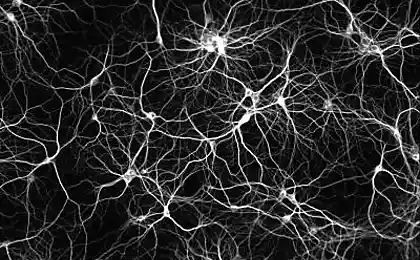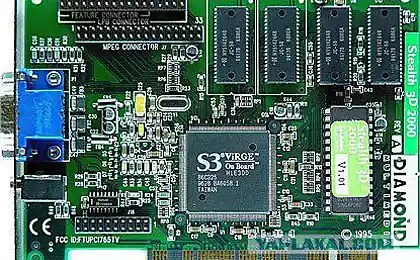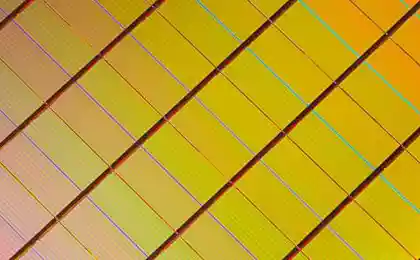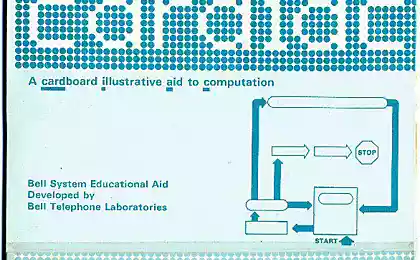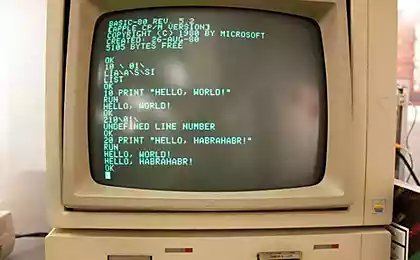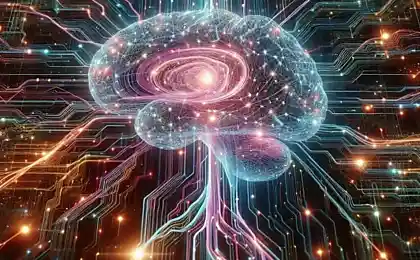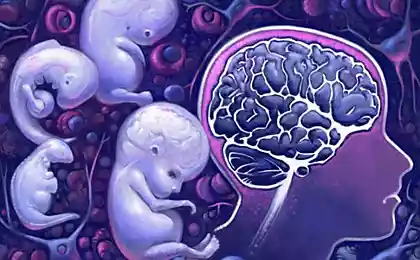491
"Photographic" memory does not exist

Here is what the phenomenon of "photographic memory" professor of neuroscience and cognitive science from the medical school at Johns Hopkins University:
"The intuitive concept of" photographic memory "suggests that we are supposedly able to extract information from its memory as a kind of" snapshots "that can be considered in detail, focusing on the fragments of interest. However, the assumption of the existence of a memory of this kind have not been confirmed.
However, most of us do have something like a "photographic memory" - visual information, for example, is remembered better and in more detail than other types of information. Many people find it easier to remember the face than the name that is associated with that person. But it can not be called a true photographic memory; just different types of memory function differently.
Even the memory of people who, it seems, is close to the "ideal photographic" actually turns out to be the result of a combination of innate ability, hard training and familiarity with the material - such as fine arts.
Not only that - the outstanding memory of the same type (visual, for example) can not guarantee a splendid memory in general. People who have developed all kinds of excellent memory, are extremely rare, if such exist at all. World champion in remembering, for example, still have to sculpt little notes on the refrigerator, not to forget the important things and events.
Since there is an outstanding memory, which we call "photographic"? This depends on a set of factors, including heredity, brain development and experience.
It is difficult to separate the memory capacity that occur early in life from those that develop later - due to lifestyle and exercise. Most people who demonstrate outstanding ability to memorize any kind tend to possess this ability all his life honing her workouts.
Different areas of the brain to mature at different times, with the most important of these changes for the time - this is youth. »
Source: www.mixstuff.ru
via factroom.ru

